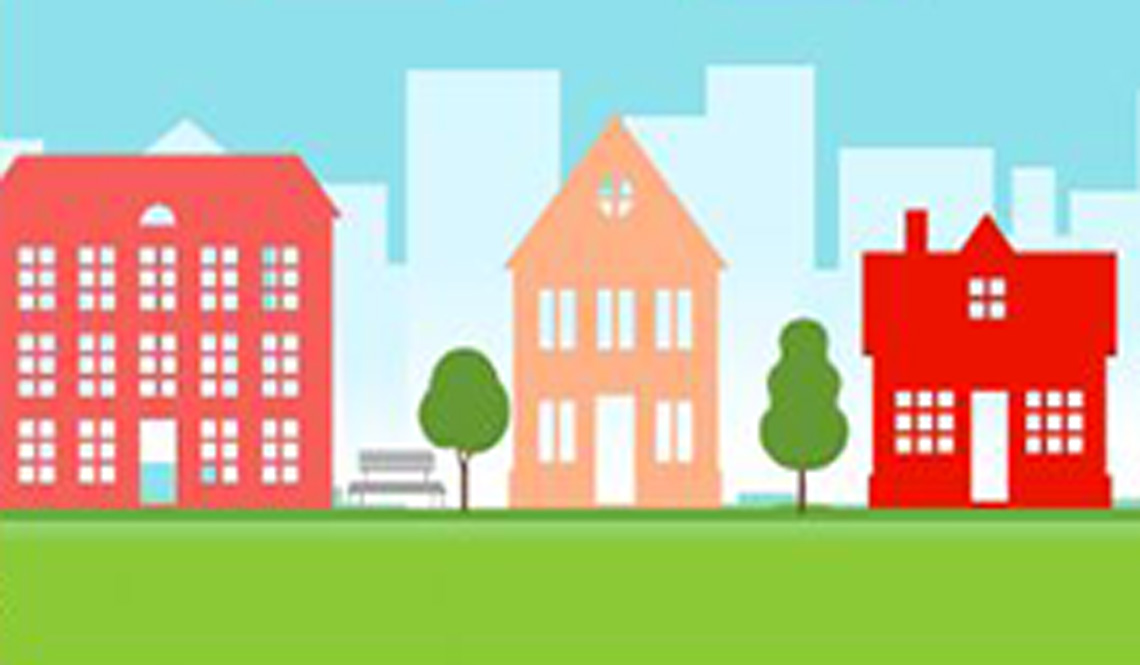AARP Hearing Center
My son Nate, who has autism, recently celebrated his 10th anniversary as a student and resident of The Center for Discovery.*
Located on 1,500 acres in New York’s Hudson Valley, the Center provides medical, clinical and special education services. It also provides the greatest gift a parent of an adult child with special needs could ask for: peace of mind.
Living on the Edge


Educational services for children with intellectual and developmental disabilities end when the young person turns 21 and “ages out.” Rather than being a time of celebration, a 21st birthday is the moment parents of special needs children commonly describe as “falling off the cliff.”
Educational services for children with intellectual and developmental disabilities end when the young person turns 21 and “ages out.” Rather than being a time of celebration, a 21st birthday is the moment parents of special needs children commonly describe as “falling off the cliff.”
There are limited options for where adults with special needs can live and the types of activities that can keep them engaged and occupied day after day.
My family is fortunate to have found a place where Nate, now 27, can live and thrive.
He shares a roomy, three-story house with five young men his age. Each has his own bedroom and bathroom. They share a kitchen, common room and fitness room. Nate spends a lot of time in the kitchen helping with meal prep, a favorite activity. He does his own laundry, cleans his room and assists with the household chores.
Since the house is located on a farm, Nate — who grew up in Manhattan — spends about six hours a day doing farmwork. He feeds the donkeys, rabbits and goats. He bales hay. He plants, waters and harvests vegetables and herbs. He helps build birdhouses. He gathers maple syrup and picks apples. He delivers newsletters to the other houses and eggs to houses in the nearby town. His recreational and therapeutic activities include horseback riding, swimming, hiking, canoeing, running, yoga, karaoke and ballroom dancing. He also takes classes at the community college.
Nate’s Social Security and Medicaid benefits help cover the cost of his housing, therapies and education.
Nate is happy, he is safe, he’s constantly engaged, and he still surprises me with new skills he’s mastered. During one of our thrice-weekly conversations, I asked Nate what he was up to. “Reading the poem ‘Ozymandias’ by Percy Shelley,” he answered. (Nate is verbal, a gift I have never taken for granted. Being verbal was a particular blessing during the peak of the COVID-19 pandemic, when I couldn’t visit him or bring him home.)
Nate is surrounded 24/7 by a loving, supportive staff that truly gets him and works with him to change some of his less desirable behaviors — such as his habit of throwing things in the garbage. Things like his iPad(s). Their solution? Swap green garbage bags for clear, see-through ones. Nate also likes to keep objects he’s fond of within reach. He once tried to pack a large lamp in his suitcase for his visit home. Their solution? Keep favorite items that don’t belong to him under lock and key.
Nate arrived at The Center for Discovery when he was 17. There was no guarantee a spot would be available for him in the adult program once he aged out of their pediatric program at 21.
When I received the phone call asking if I wanted him to join the adult residence program, I couldn’t stop crying. A spot in the adult program means Nate can remain at The Center for Discovery for life. It is an indescribable relief to know he'll be taken care of when I’m gone.
I wish every parent with a Nate could have that same assurance.
Amy Lennard Goehner is a former reporter for Time and Sports Illustrated magazines and a writer for Sports Illustrated Kids.
* The inclusion of The Center for Discovery in the articles “Finding a 'Forever Home' for My Adult Son With Autism" and "Designing Housing for People With I/DD" is not an endorsement by AARP.
Page published November 2021































.jpg?crop=true&anchor=13,195&q=80&color=ffffffff&u=lywnjt&w=2008&h=1154)





























